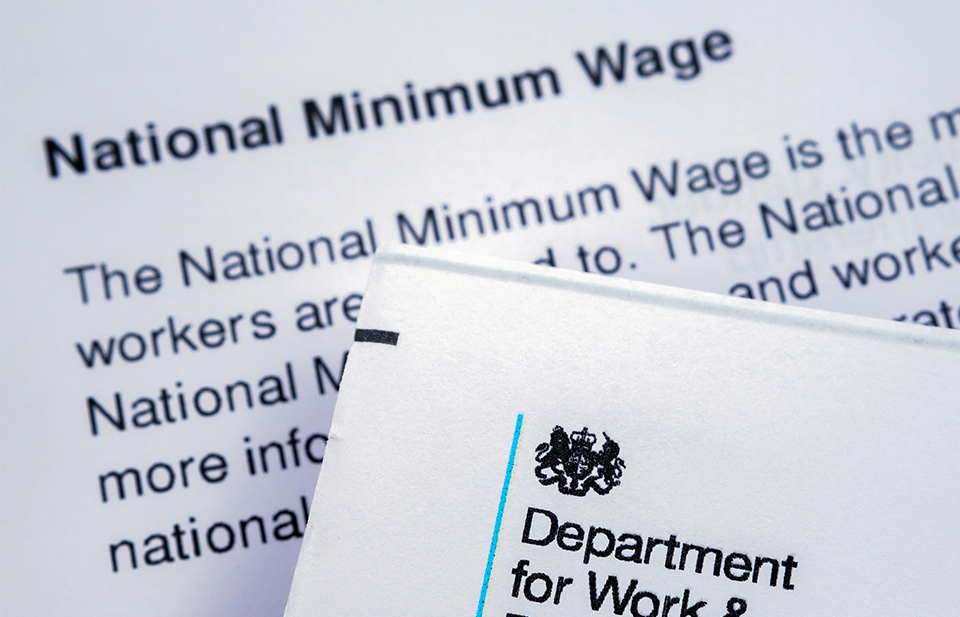Following the recent news where over 200 employers were named by the government for failing to pay their lowest paid staff the legal minimum wage, we take the opportunity to remind you of some of the common pitfalls you need to avoid to prevent being caught out in a similar way.
The employers on the list were recorded as having underpaid their workers in the following ways:
- 39% of employers deducted pay from workers’ wages
- 39% of employers failed to pay workers correctly for their working time
- 21% of employers paid the incorrect apprenticeship rate
It was accepted that not all minimum wage underpayments are intentional, however it highlights the importance of making sure you are carefully adhering to the legislation as the government takes the stance that there is no excuse for underpaying workers and the fines for doing so can be substantial.
Common pitfalls
The first and most obvious one is to ensure you are using the correct National Minimum Wage (NMW) rates, which as of April 2023 are:
National Living Wage (NLW) 23+ £10.42
Aged 21-22 rate £10.18
Aged 18-20 rate £7.49
Aged under 18 £5.28
Apprentice rate £5.28
The most common error in terms of rates happen around apprenticeships and also when employees have a birthday which moves them between the minimum pay bands.
Other important pitfalls to be aware of include:
- Employees must not enter a salary sacrifice arrangement which would bring their hourly rate below the NMW, including cycle-to-work schemes, salary sacrifice pension schemes and childcare voucher schemes entered into prior to 4 October 2018.
- The optional £1 administration deduction that can be taken from employees when operating attachment of earnings orders can lead to an underpayment of the NMW.
- Where employees are required to purchase a specific uniform as a condition of their employment, this can breach NMW regulations as it is expenditure incurred in connection with their employment. This applies regardless of whether the cost of the uniform is deducted directly from the employee or if the employee purchases the uniform from a third-party themselves.
- Beneficial net deductions from employees’ wages, such as for lottery syndicates and savings schemes, can also breach NMW regulations. This is regardless of whether the individuals have explicitly opted into such schemes.
Summary
As you can see from the above, failing to comply with the NMW regulations is not always intentional and there are many ways you could accidently get caught out without even realising, but it’s vital to be on top of your payroll as the penalties for breaches can be extremely costly, intentional or not!
Get in touch
If you would like advice or assistance with your payroll to ensure you are complying with all the necessary regulations and don’t unintentionally get caught out, please get in touch with Julie Mason, director of payroll at PM+M using the button below to discuss further.




